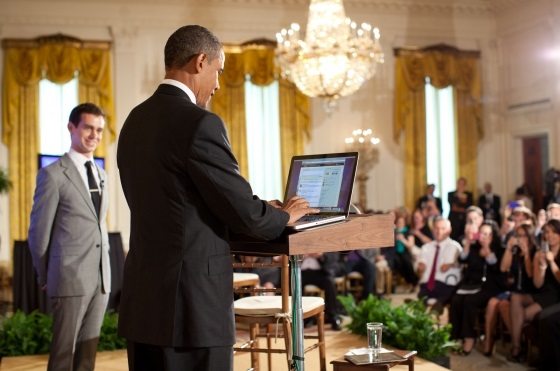
August 26, 2014; Las Vegas Sun
Sign up for our free newsletters
Subscribe to NPQ's newsletters to have our top stories delivered directly to your inbox.
By signing up, you agree to our privacy policy and terms of use, and to receive messages from NPQ and our partners.
Politics has become increasingly more influenced by social media. Hashtags have become a necessity at every press conference and political rally, and the last presidential election showed how powerful a large social media presence can be. Ten years ago, when you searched for a local politician online, you could find personal websites and Wikipedia articles; now it’s essential for politicians to be active on Twitter and Facebook, too, and you can find an endless stream of ways to connect with government officials online.
Amber Phillips shares in the Las Vegas Sun some noteworthy strategies political candidates have used to expand their online reach. Some of these tactics could be useful for nonprofits looking to connect with their communities and demographics. Here are some interesting ways politicians are using social networks to take action and gain supporters:
- U.S. Senate Majority Leader Harry Reid created a Spanish Twitter account to reach Hispanic populations. Although his presence on the Spanish account is dismal compared to the 223,000 followers on his English account, Reid’s staff is working towards connecting to an important expanding demographic in the U.S. that could be essential for re-election down the line.
- Congresswoman Dina Titus, the only representative of the city of Las Vegas, created the hashtag #OnlyInDistrict1 to encourage the community to share unique oddities in the district through social media. Titus also takes photos around the city, posing with Elvis statues and at local events and block parties to promote the hashtag. The campaign has been quite successful, fostering city pride and allowing local constituents to connect with Titus in a new and creative way.
Social networks with large audiences, like Facebook and Twitter, can serve as a modern town hall meeting for the purpose of polling followers on opinions and reaching new supporters. But does this mean social media users are more politically driven? Actually, a Pew Research Center report released on Tuesday actually reveals the exact opposite: Individuals who are active on Facebook and Twitter were found to be less likely to express political opinions online and offline for fear of offending others.—Aine Creedon













